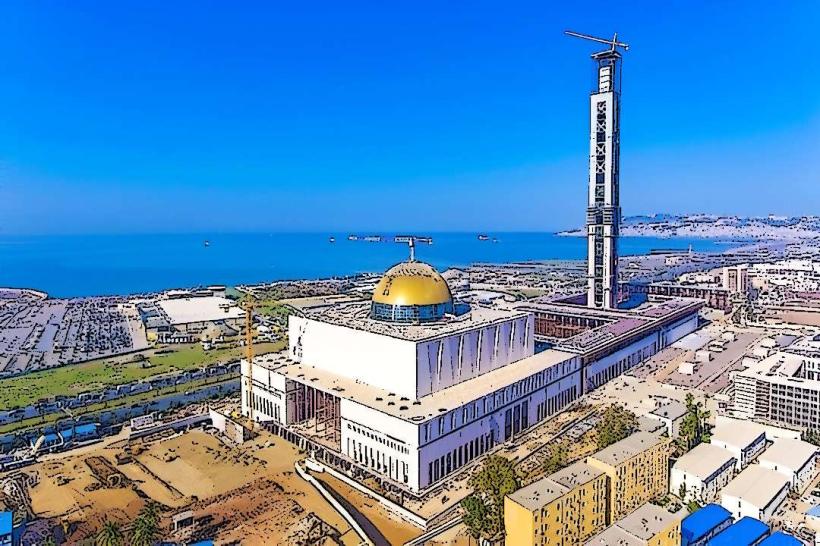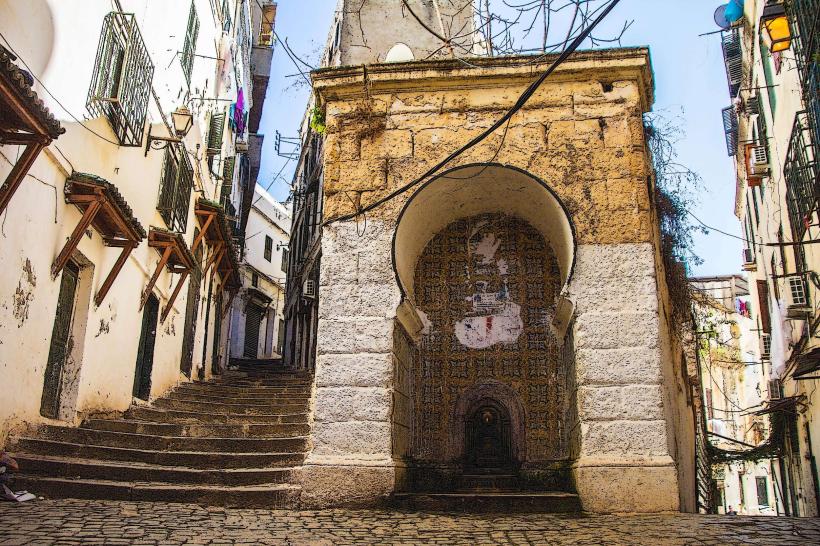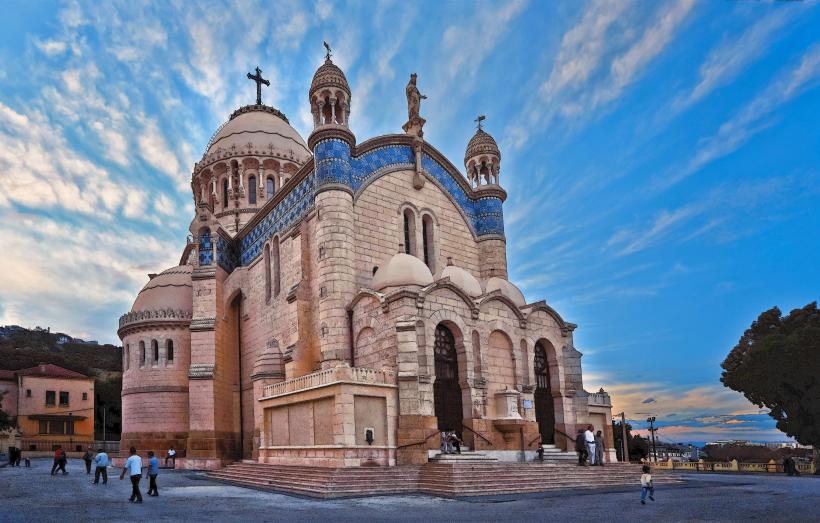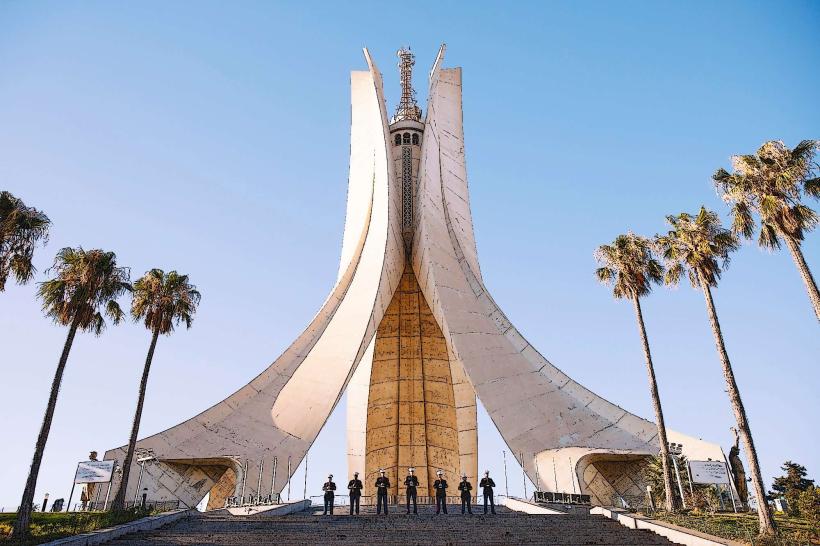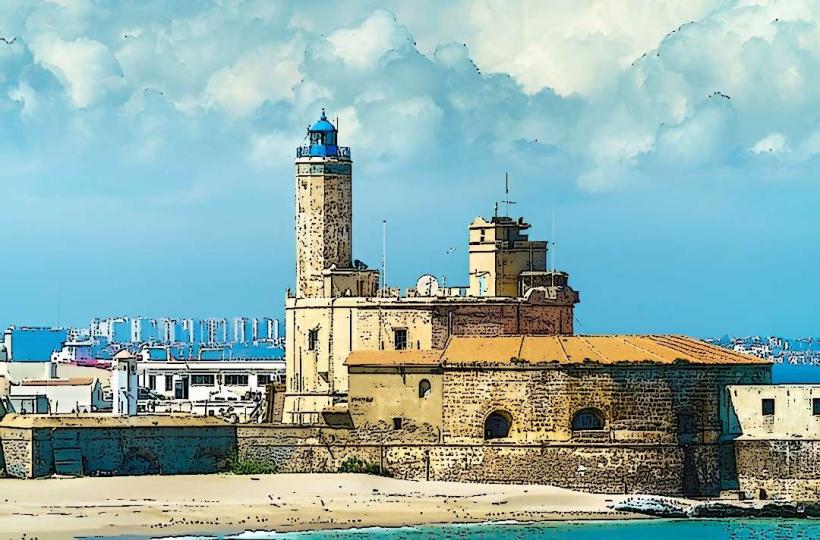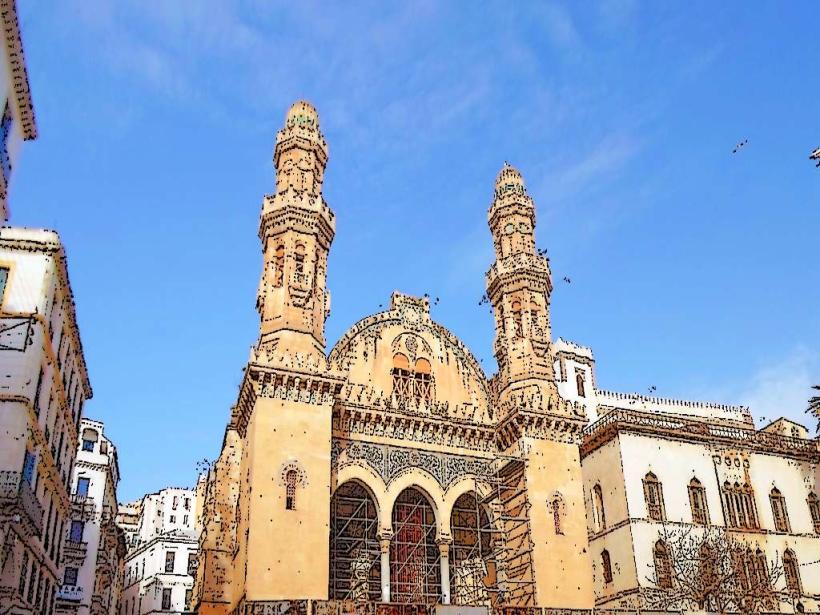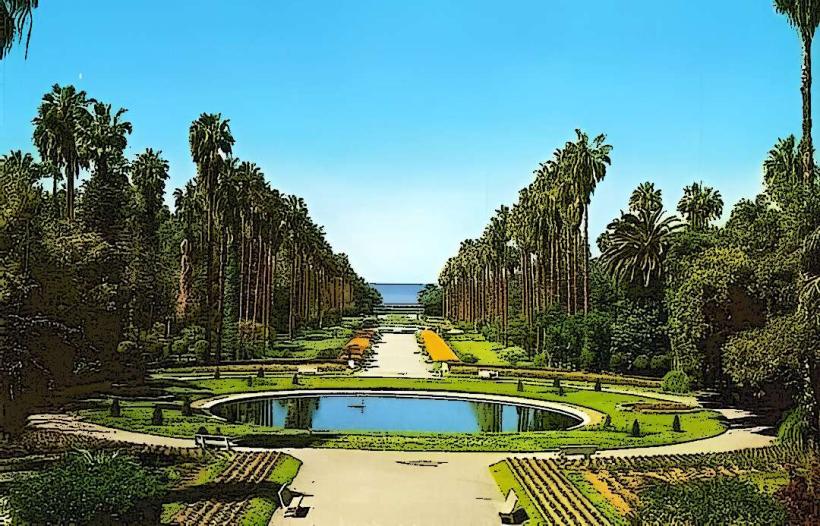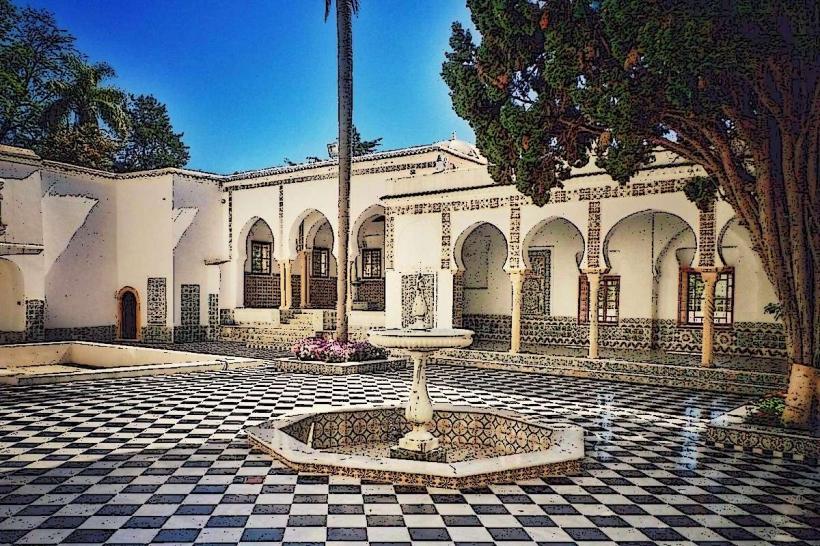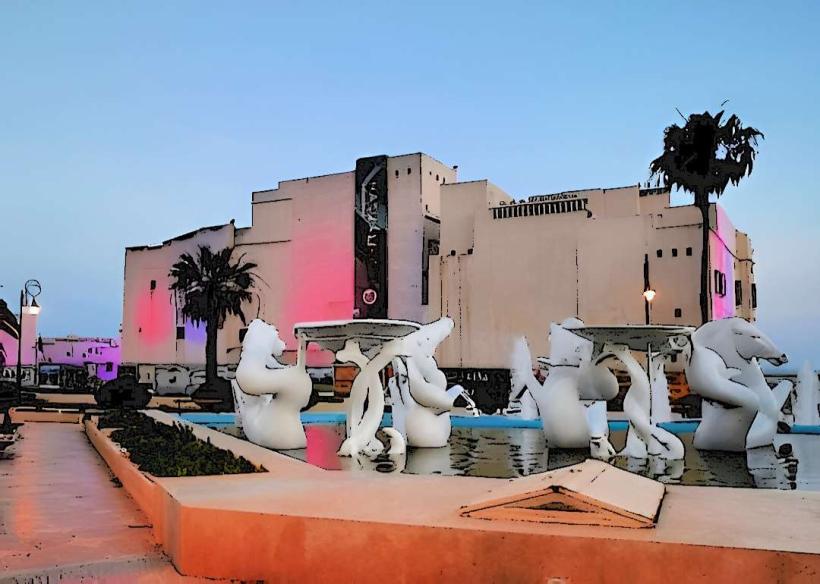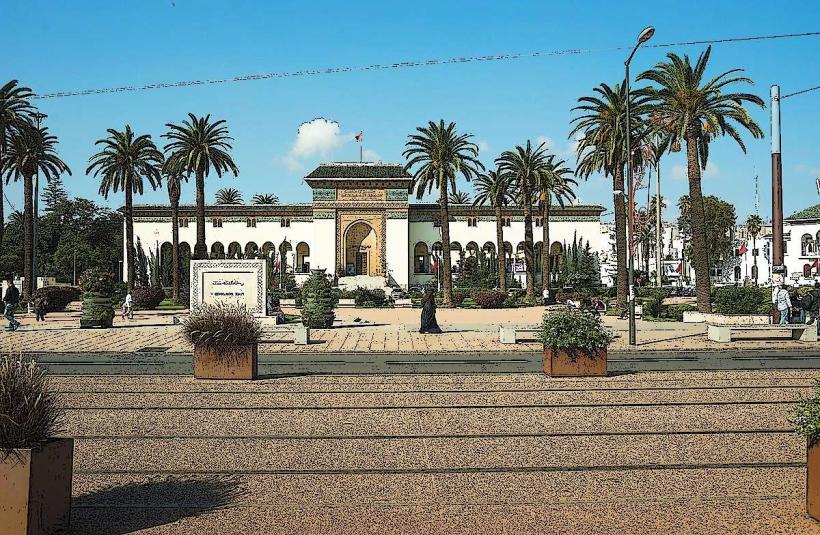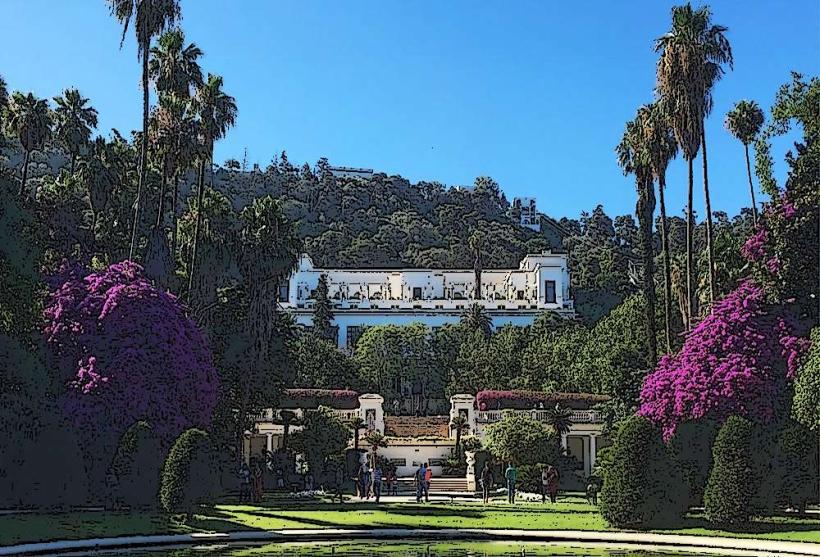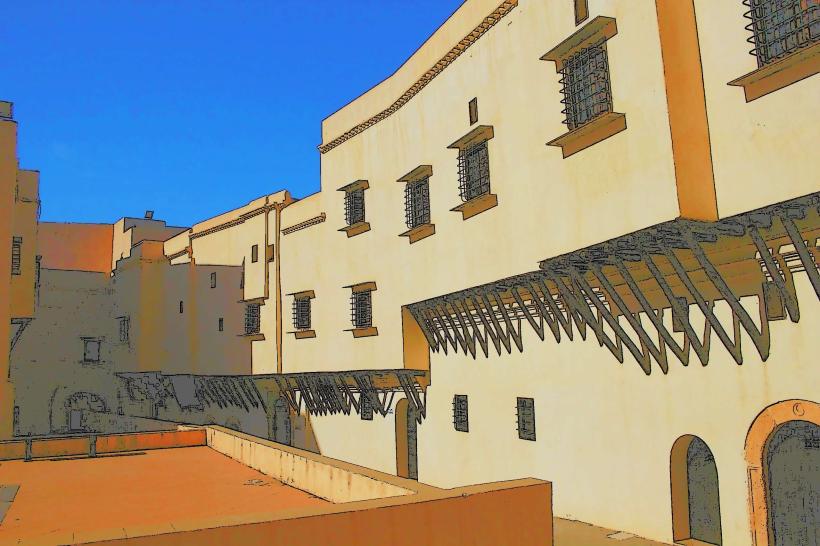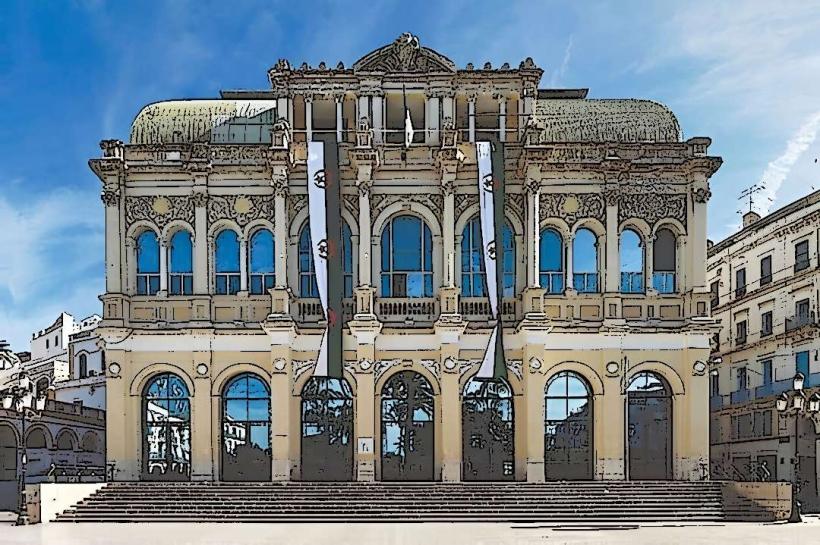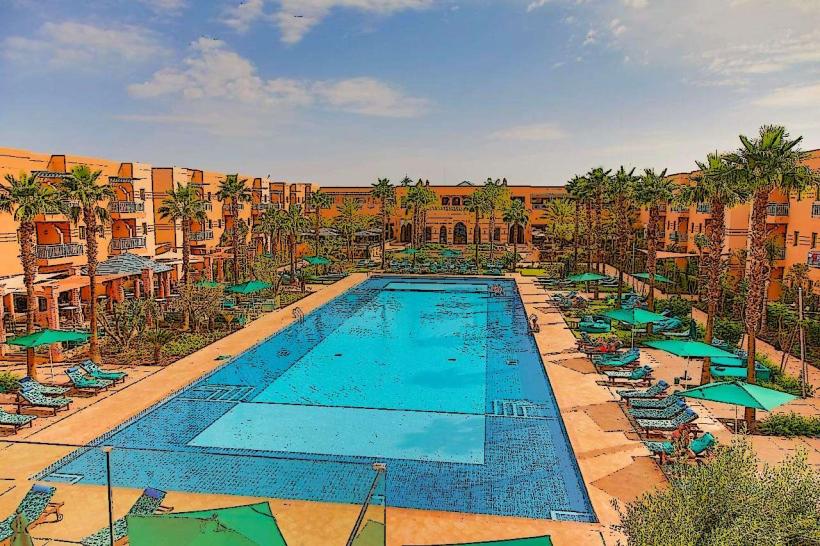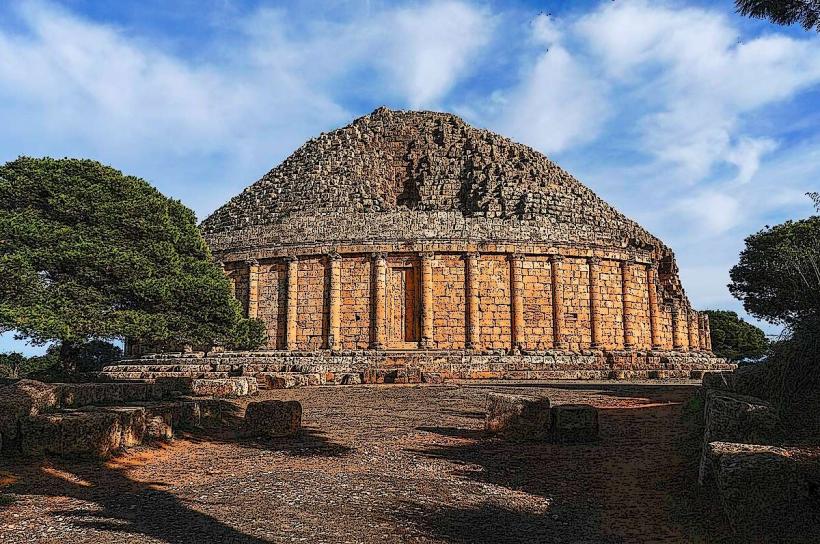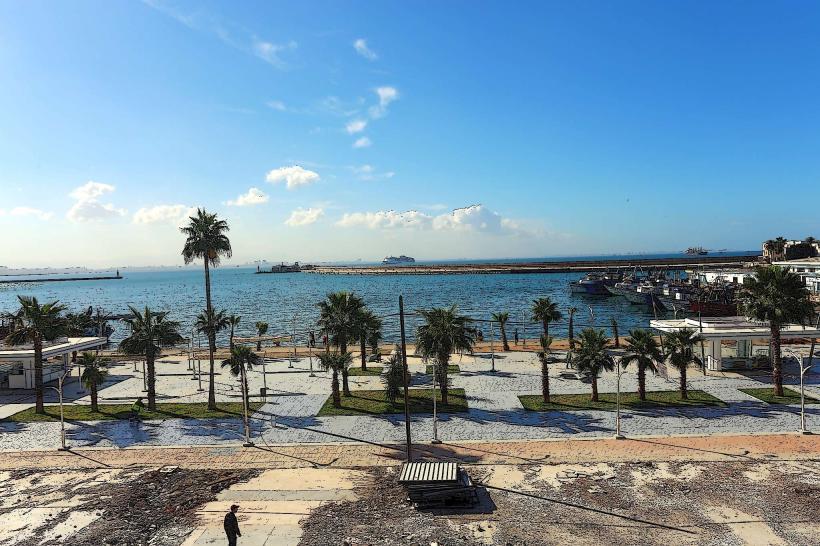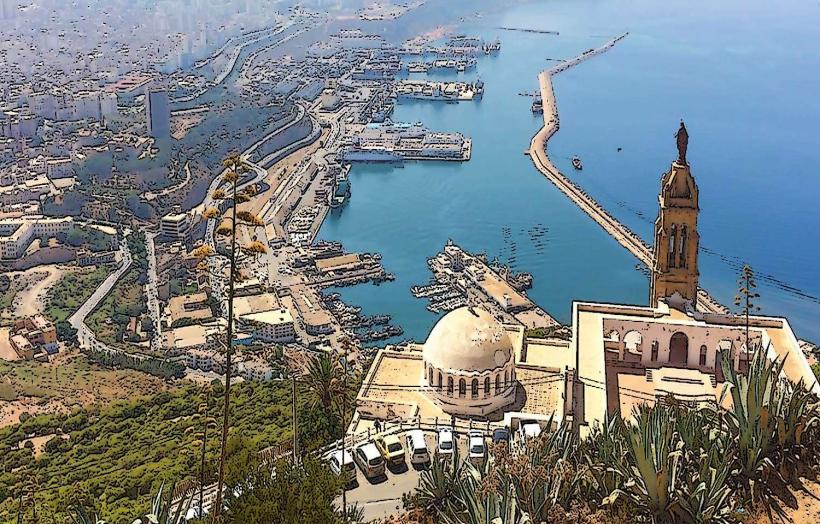Information
Landmark: Palais des NationsCity: Algiers
Country: Algeria
Continent: Africa
Palais des Nations, Algiers, Algeria, Africa
The Palais des Nations is a historic building located in Algiers, Algeria. It served as the seat of the French colonial administration.
Visual Characteristics
The Palais des Nations is a large, neoclassical structure constructed primarily from stone. Its facade features prominent columns and ornate detailing. The building is several stories high and exhibits a symmetrical design.
Location & Access Logistics
The Palais des Nations is situated in the central district of Algiers. It is approximately 1 kilometer from the city center. Access is via Rue Larbi Ben M'Hidi. Limited street parking is available in the vicinity, and several Algiers Metro lines stop within a 500-meter radius, including the Tafourah-Grande Poste station.
Historical & Ecological Origin
Construction of the Palais des Nations began in 1856 and was completed in 1862. It was designed by architect Charles Frédéric Schinco. Its original purpose was to house the governmental offices of French Algeria.
Key Highlights & Activities
Visitors can observe the exterior architecture. Interior access is restricted to official functions and pre-arranged group tours, which must be booked in advance through the relevant Algerian government ministry.
Infrastructure & Amenities
Restrooms are available within the building for official use. Public access to amenities is limited. Cell phone signal (4G/5G) is generally strong in this central urban area. No food vendors are located directly on the premises.
Best Time to Visit
For exterior photography, the morning hours (9:00 AM - 11:00 AM) offer favorable lighting conditions. The best months for visiting Algiers are typically April to June and September to October, avoiding the peak summer heat.
Facts & Legends
During the Algerian War of Independence, the Palais des Nations was a focal point for administrative and political activities, making it a site of significant historical events.
Nearby Landmarks
- 0.3km West: Notre Dame d'Afrique Basilica
- 0.7km North: Kasbah of Algiers
- 1.2km Southwest: Monument des Martyrs
- 1.5km East: Bardo National Museum

